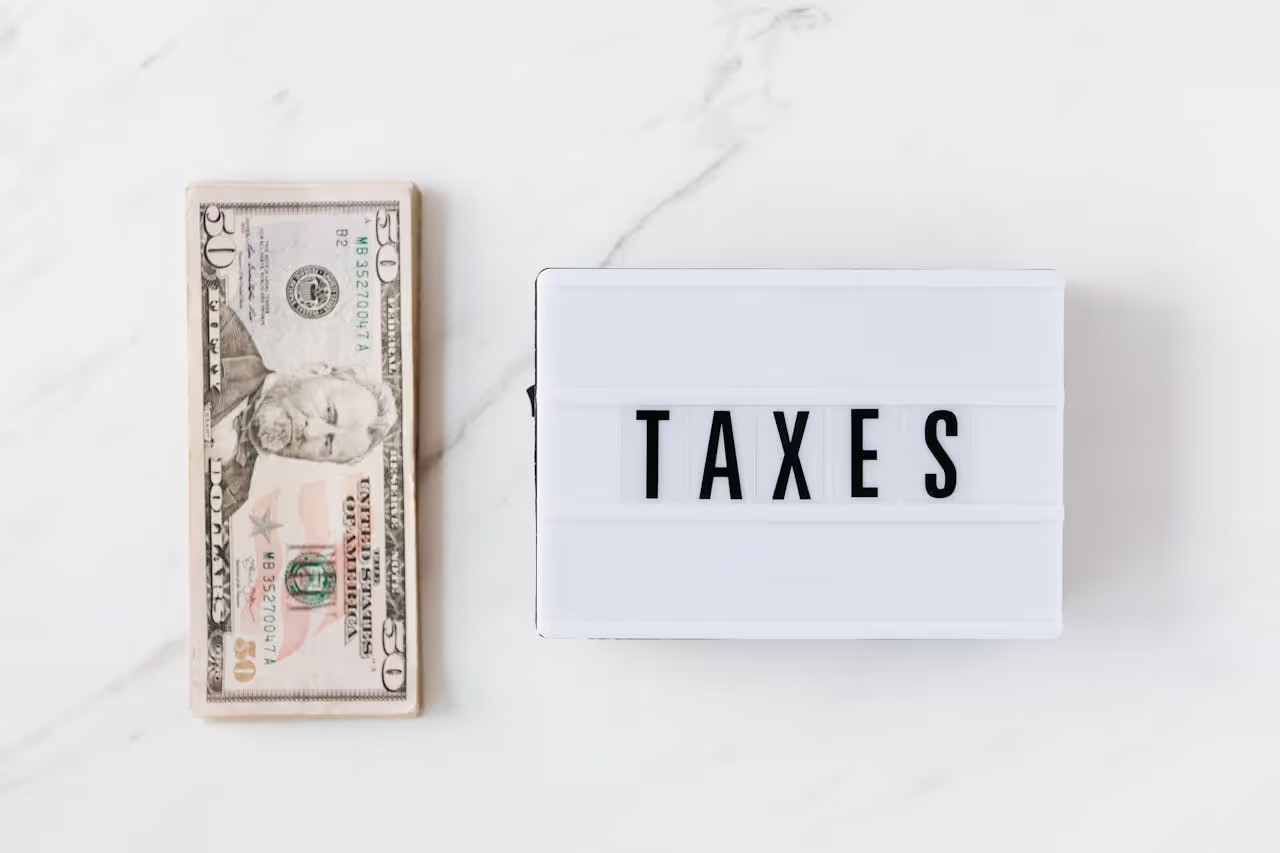Understanding State Income Tax in South Dakota
Are you considering a move to South Dakota or just curious about its tax policies? Many people wonder if South Dakota charges a state income tax. This article will walk you through everything you need to know about South Dakota's state tax system, how it affects residents, workers, and retirees, and why the state’s unique tax approach might benefit you.
Does South Dakota Tax Personal Income?
South Dakota is one of the few states in the United States that does not levy a personal state income tax. Whether you live, work, or retire in South Dakota, you do not pay state tax on your wages, salary, retirement income, or other personal earnings at the state level.
- No state tax on individual income
- No taxes on Social Security benefits or pension income
- No tax filings required for personal income at the state level
How Does South Dakota Fund Public Services Without State Income Tax?
South Dakota’s state government relies on alternative revenue sources. Instead of taxing individual income, the state uses:
- Sales tax: South Dakota collects a 4.5% statewide sales tax on most goods and some services. Cities and municipalities may add additional sales tax rates.
- Property tax: Local governments collect property taxes to fund schools, police, fire services, and infrastructure.
- Excise taxes: Special taxes are added to items such as cigarettes, fuel, and alcohol.
Benefits of No State Income Tax for South Dakota Residents
You may enjoy several advantages if you live in South Dakota due to its lack of state income tax:
- More take-home pay — You keep more of your paycheck because the state does not withhold any personal income tax.
- Retiree-friendly environment — Social Security, 401(k), IRA distributions, and pensions are not taxed by the state.
- Simple tax filing — You only need to file a federal tax return. No state income tax forms are required.
- Attractive to small businesses — Many entrepreneurs and remote workers are drawn to South Dakota, keeping operating costs lower.
How Do Taxes in South Dakota Compare to Other States?
Not every state has the same approach to taxes. Here’s how South Dakota stands out:
- Zero state personal income tax — Shared by only a handful of states like Florida, Texas, Nevada, Washington, Wyoming, and Alaska.
- Business-friendly tax climate — South Dakota often ranks high in national business tax studies due to no corporate or personal income tax.
- Average sales tax rates — While not the highest, South Dakota’s sales tax is not the lowest either. It helps fund many local services.
Is There Any South Dakota State Tax on Retirement Income?
For retirees, South Dakota stands out as a tax haven. The state:
- Does not tax Social Security benefits
- Does not tax IRA or 401(k) distributions
- Does not tax pensions (public or private)
This advantage can significantly stretch your retirement dollars and provide peace of mind in your golden years.
Who Pays Taxes in South Dakota?
While there is no state income tax, residents and visitors in South Dakota should know about other taxes:
- Sales Tax: Payable on most goods, ranging from groceries to apparel and dining out.
- Property Tax: Homeowners and some renters feel this through their monthly housing costs.
- Motor Vehicle Excise Tax: Collected when you buy and license a car or truck.
South Dakota’s non-reliance on income tax is balanced by these other sources.
Moving to South Dakota for Tax Reasons
Every year, people move to South Dakota to take advantage of its tax-friendly climate. These are the main reasons:
- Entrepreneurs save on business and personal taxes.
- Remote workers keep more earnings.
- Retirees enjoy tax-free retirement income.
- Individuals benefit from a simpler tax-filing routine.
Before you move, consider how other taxes (property and sales), cost of living, and lifestyle affect your total budget.
Frequently Asked Questions About South Dakota Taxes
Does South Dakota have a state income tax for individuals?
No. South Dakota does not collect any state income tax from individuals. This applies to both residents and non-residents with income from South Dakota sources.
Are retirement benefits taxed in South Dakota?
No. Social Security benefits, pension income, IRA withdrawals, and 401(k) distributions are not taxed at the state level in South Dakota.
Do I need to file a state income tax return in South Dakota?
No. If you live or earn income in South Dakota, you do not need to file a state individual income tax return. Only federal returns are generally required.
What is the sales tax rate in South Dakota?
South Dakota’s statewide sales tax rate is 4.5%. Local cities and municipalities can add additional tax, making the total rate higher in some areas.
Why does South Dakota not have a state income tax?
South Dakota’s tax system is designed to be simple and business-friendly. The state relies on sales, property, and excise taxes to fund public services, instead of taxing personal income.
Who pays the most taxes in South Dakota?
Those who spend more on taxable goods, own valuable property, or have significant retail purchases pay more in sales or property taxes. There is no personal income tax, so tax burden depends mostly on spending and property ownership.
Searching for More on South Dakota Tax Policy?
Here are popular queries people ask when planning a move or retirement in South Dakota:
- Does South Dakota tax income?
- Is South Dakota good for retirees?
- How does South Dakota fund schools and roads without income tax?
- Are there local income taxes in South Dakota?
- What are the South Dakota property tax rates?
- Is business income taxed in South Dakota?
South Dakota’s tax system is simple and welcoming. For many, it makes the state a financially attractive place to live, work, or retire. Whether you are planning your future or just comparing state tax rates, South Dakota stands out for its approach to personal and retirement income.











.svg)



